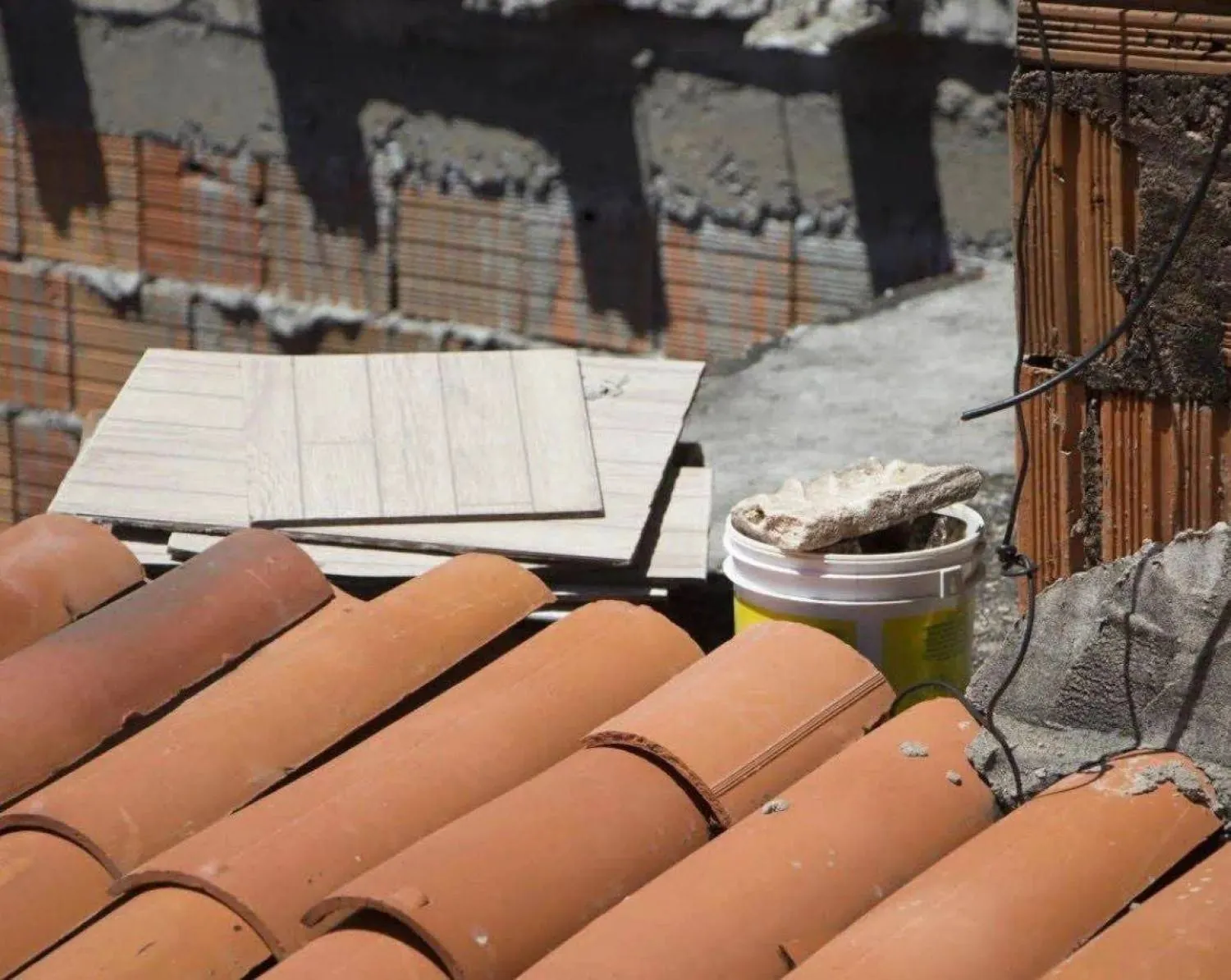Israeli Prime Minister Naftali Bennett announced that Israel and the United Arab Emirates (UAE) have completed negotiations on a bilateral free trade agreement, describing them as a "historic milestone."
The comprehensive agreement came after five months of deliberations and included issues regarding trade in goods such as regulation and standards, customs, trade in services, cooperation, government procurement, e-commerce, and the preservation of intellectual property rights.
The agreement includes 95 percent of the products traded between Israel and the UAE, which will be exempted from customs immediately or gradually, including food and agricultural products, cosmetics, medical equipment, and drugs.
The agreement is expected to enter into effect after legal advisors issue the formal legal documentation.
It will be signed by the UAE Minister of State for Foreign Trade, Thani bin Ahmed al- Zeyoudi and the Israeli Minister of Economy and Industry, Orna Barbivay.
Bennett said the issue was discussed during his last meeting with Abu Dhabi Crown Prince Sheikh Mohammed bin Zayed and they agreed to accelerate discussions to conclude the agreement.
The Prime Minister asserted that it is an important moment in Israel and UAE relations.
"Today, the good relations that have already been forged between the two countries are being strengthened in the form of a free trade agreement that will significantly upgrade economic cooperation for the benefit of the citizens of both countries. There will be more trade, more jobs, and good products at lower prices," he added.
Foreign Minister Yair Lapid welcomed the agreement, which is conducive to the Negev Summit spirit that called for continuous cooperation and continuity in contacts and led to tangible achievements.
Barbivay said that since the conclusion of the Abraham Accords, the Ministry of Economy and Industry has been working on expanding the scope of economic relations between Israel and the UAE and fully utilizing the economic potential.
"The conclusion of the negotiations is a significant and historic milestone in bilateral relations."
Relations between Israel and the UAE began in September 2020, when they concluded the Abraham Accords, which established their diplomatic ties. But the new agreements are the first complete free trade agreement between Israel and an Arab country.
Egypt and Israel completed negotiations Thursday to enhance their trade and economic cooperation within the framework of the joint protocol on the Qualified Industrial Zones (QIZ).
They aim to increase export capabilities during the next stage, especially in light of the quest to overcome the repercussions of the current global conditions.
Egyptian Minister of Planning and Economic Development Hala al-Saeed and Minister of Trade and Industry Nevin Jameh met with Barbivay at the QIZ headquarters.
In December 2004, Egypt signed the QIZ protocol with Israel and the US to export Egyptian products to the US market without customs or tariffs, provided that Israeli components represent 11.7 percent of the products.
The economic relations between Egypt and Israel have witnessed a significant development in the recent period, and they agreed last month to launch direct flights between Tel Aviv and Sharm el-Sheikh.
Israel agreed to export natural gas to Egypt via Jordan, which is the second gas export pipeline from Israel to Egypt that has been approved due to the increasing demand for Israeli natural gas.
According to the Israeli Ministry of Energy estimates, the export of Israeli gas through the new pipeline is expected to reach from 2.5 to 3 billion cubic meters during 2022 and may rise to 4 billion cubic meters in the coming years.
Export of natural gas from Israel to Egypt began in 2020, amounting to 2.17 billion cubic meters.









